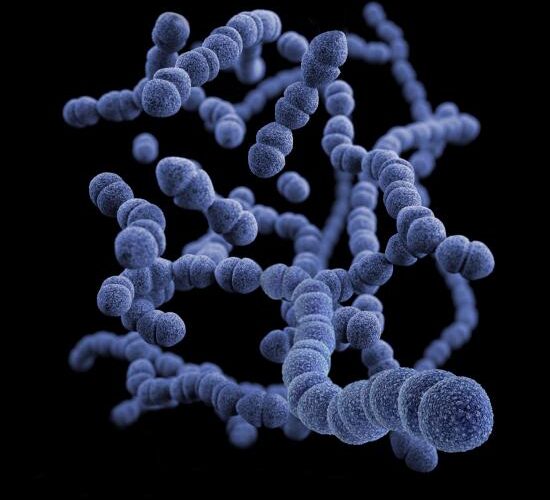
Depression, bipolar disorder, and anxiety share a common gut bacteria
Common factors within the gut-associated with depression and bipolar disorder.
Many previous studies have highlighted the role of gut microbiota in the development of mental illness.
A new study suggests that people with mental illnesses like depression, anxiety, bipolar disorder, and psychosis tend to have lower faecalibacterium and coprococcus. The faecalibacterium and coprococcus are two types of bacteria that have an anti-inflammatory effect within the gut.
This review and meta-analysis of 59 case-control studies observed changes in the gut microbiome of people with mental illnesses.
It found a common, overlapping environment in the gut bacteria of people living with mental illnesses. People with these illnesses had higher levels of Eggerthella, a bacterium with proinflammatory effects.
People with such illnesses are more likely to have gut biomes characterized by a lack of anti-inflammatory-producing bacteria and a higher amount of proinflammatory bacteria.
The study highlights the need for greater awareness of gut health should be considered in treating psychiatric disorders.
Viktoriya Nikolova, the study’s first author from King’s IoPPN, said, “While we haven’t managed to establish biomarkers for specific illnesses, we have found that there is a significant overlap between gut health and the prevalence of mental illness, specifically to the predominance of certain proinflammatory bacteria compared to anti-inflammatory bacteria.”







